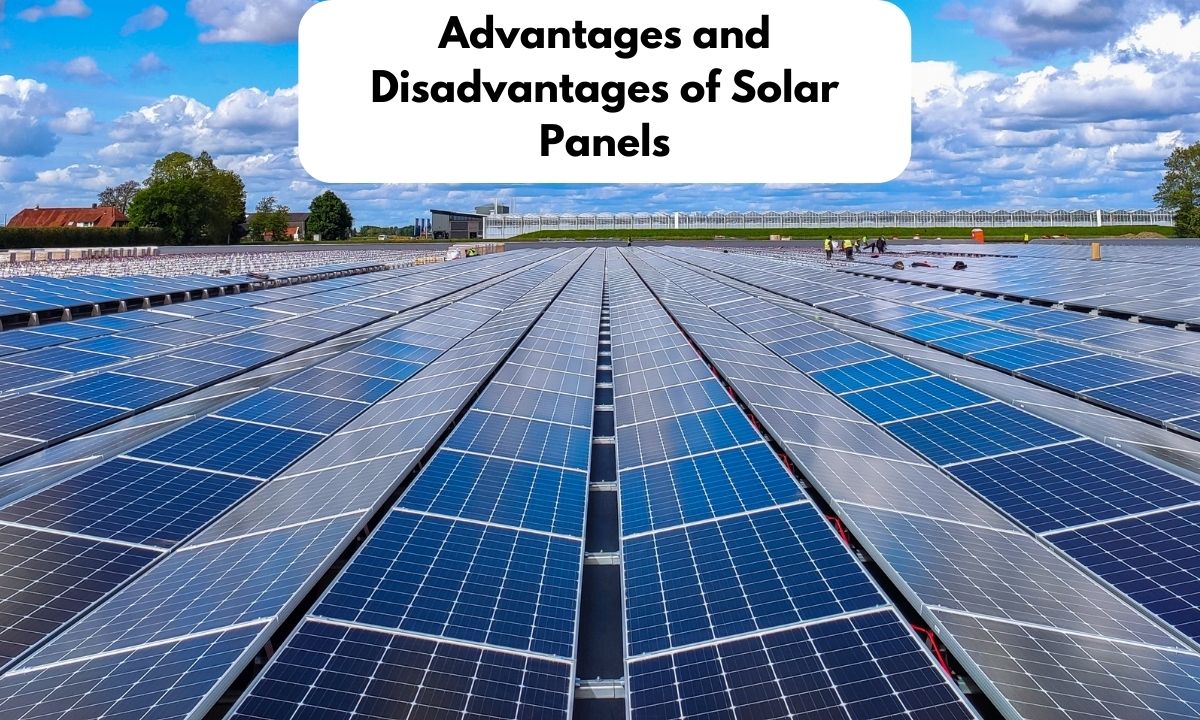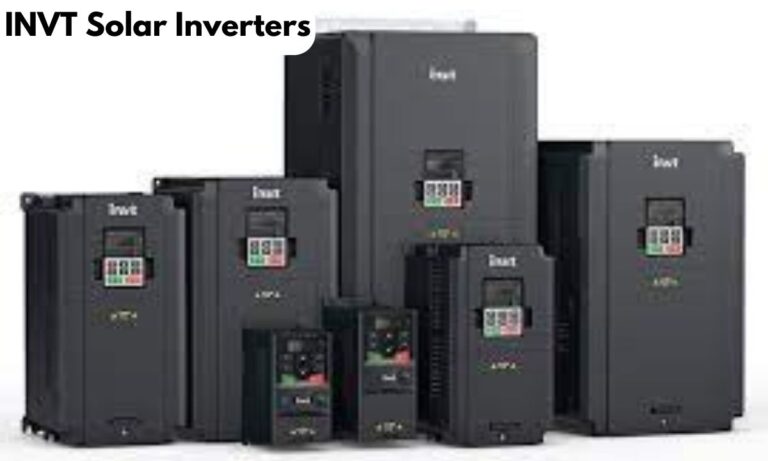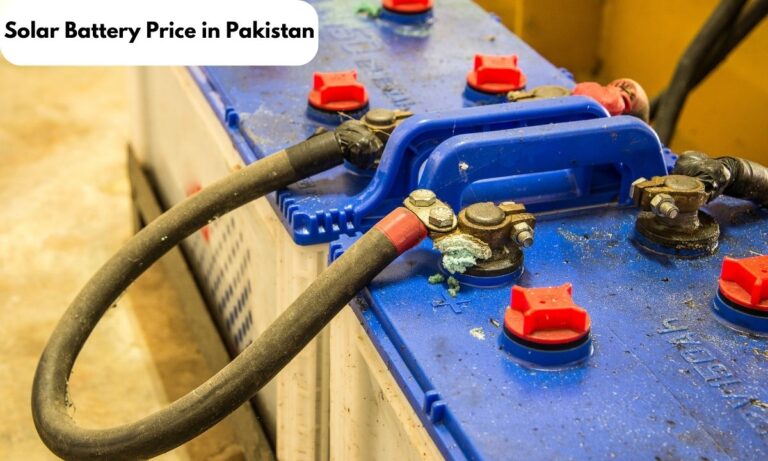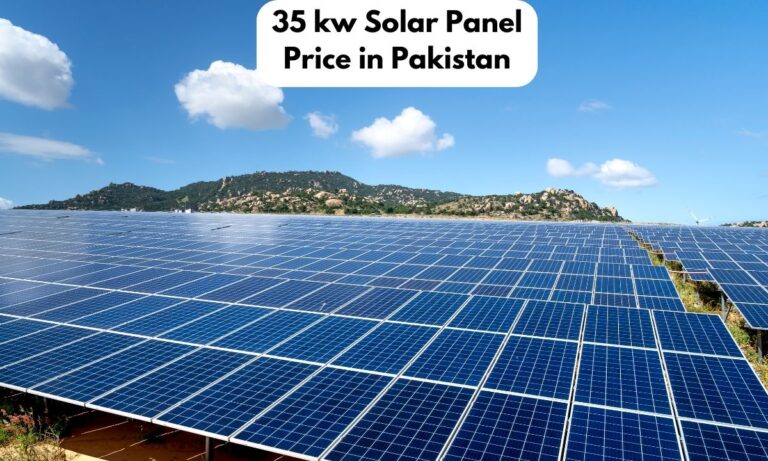Off-Grid Solar Systems (A Comprehensive Guide)
Off-grid solar systems are like your personal energy superheroes, especially in places far away where plugging into the main power grid isn’t an option. These systems soak up sunlight using panels, stash it away in batteries, and dish out reliable power all on their own, without relying on the usual power grid.
As more folks get interested in living sustainably and as green energy tech gets better, off-grid solar systems are catching on with people who want to be in control of their power. In this series of articles, we’ll dig into the nitty-gritty of off-grid solar setups, talking about the parts they’re made of, the money side of things, the good stuff, the challenges, and how they affect the environment. Plus, we’ll share some advice for those thinking about doing their own solar power project.
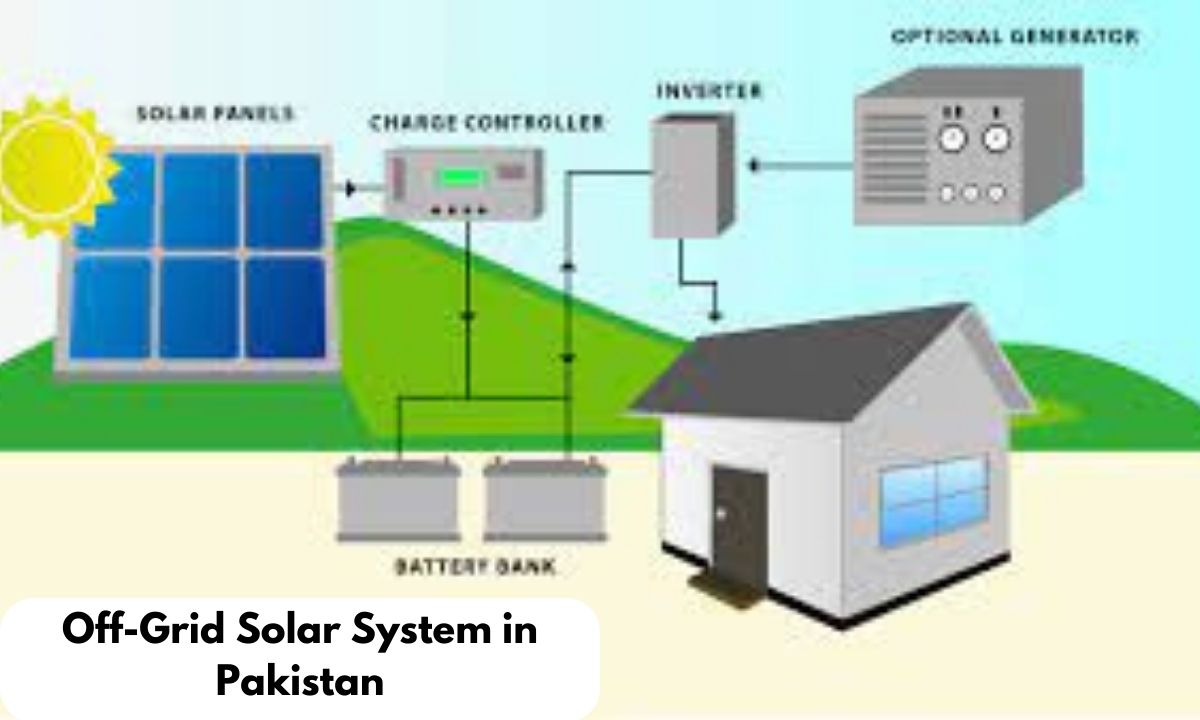
Understanding Off-Grid Solar Systems
Let’s break down what off-grid solar systems are all about. Imagine a setup with solar panels that grab sunlight and turn it into electricity. These systems don’t rely on the regular power grid – they work on their own. It’s like having your little energy world, promoting a lifestyle where you’re in charge of your power and can sustain yourself.
The Building Blocks
Now, let’s talk about the key players in an off-grid solar system:
- Solar Panels: These gadgets do the magic of turning sunlight into electric power.
- Charge Controller: This superhero manages how much power goes into the batteries, making sure they charge up safely.
- Batteries: Think of them as the storage units for the electricity made by the solar panels. They keep it safe for when you need it.
- Inverter: This clever tool transforms the electricity stored in the batteries (which is in DC or Direct Current) into the kind of power your regular home gadgets use (AC or Alternating Current).
Putting it all together, off-grid solar systems give you a taste of freedom and control over your energy. It’s like running your mini power universe, and it’s pretty cool.
Unveiling the Mechanics of Off-Grid Solar Systems
Off-grid solar systems operate by transforming sunlight into electricity through solar panels. This generated power charges up a solar battery, managed by a controller. To make it usable for home or business appliances, an inverter converts the stored electricity. By relying on stored power, these systems enable homes to function solely on solar energy, even during less sunny times or at night.
Distinguishing On-Grid from Off-Grid Solar Systems
The key contrast between on-grid and off-grid solar systems revolves around their connection to the electricity grid. On-grid systems link up with the grid and can draw power when necessary.
On the flip side, off-grid systems operate independently, drawing on stored electricity during periods of low solar panel productivity, like cloudy days or nighttime. Although off-grid setups offer autonomy from utility providers, they tend to be pricier due to the expenses associated with batteries and additional equipment.
The Economics of Off-Grid Solar Systems
1. Balancing the Books:
In Pakistan, choosing off-grid solar systems isn’t just good for the planet; it’s also a smart money move. A study uncovered that in Sindh, these solar setups dish out electricity at a cool PKR 6.87/kWh, way cheaper than the traditional power options that hit you at around PKR 20.79/kWh.
Sure, kicking off a 7kW solar system sets you back between PKR 1,700,000 and 1,900,000, but the savings in the long haul are pretty sweet. Usually, it takes about 5 to 7 years to cover that initial investment, and after that, the money you save on electricity bills starts feeling like a financial pat on the back.
Breaking Down the Costs:
Now, let’s talk about what goes into the price tag of an off-grid solar system in Pakistan. Size matters – a 7kW system in Islamabad dishes out about 28 units daily, but it might be less in a place like Skardu, affecting the cost. Also, what you’re using it for and the quality of parts, like solar panels and batteries, can play a role in the final bill.
Comparing the Bills:
When it comes to costs, off-grid solar systems in Pakistan are a bit pricier. You’re shelling out more because these setups need batteries and extra gear to stand alone. For example, a 10kW off-grid system can cost you between PKR 2,000,000 to 2,300,000, while a 3kW on-grid system comes in at PKR 500,000 to PKR 700,000. Despite the bigger upfront check, going off-grid means you’re the boss of your energy, and you dodge the uncertainty of grid electricity prices, especially when they spike during busy hours in Pakistan.
Pros and Cons of Off-Grid Solar Systems
Pros:
1. Energy Independence
Off-grid solar systems offer a way to break free from relying too much on the traditional power grid and fossil fuels. This is especially handy in far-off places and spots where the regular grid is not so reliable. In Pakistan, where dealing with power cuts and pricey peak hour rates is a headache, going off-grid with solar power turns out to be a smart, money-saving fix.
2. Costs You Can Count On
With an off-grid solar setup, you get a better handle on your energy expenses. You’re not at the mercy of the ups and downs of grid electricity prices, making it easier to plan your finances and keep things stable.
3. Room to Grow
Off-grid solar systems are like Lego blocks – you can add more as you go along. This makes them perfect for homes or businesses that are on the up and up, needing more and more energy over time.
Cons:
1. A Bit Pricey at the Start
The first check you write for an off-grid solar system is a bit heftier than what you’d pay for an on-grid one. That’s because off-grid setups need extra gear like batteries and inverters to do their solo act, away from the grid.
2. Keep an Eye on Maintenance
Off-grid solar systems need a bit of tender loving care, especially when it comes to looking after the batteries. Those batteries have a shelf life, and every now and then, you might need to swap them out. It’s an extra cost that adds up over time.
3. No Money in the Bank for Extra Energy
Unlike on-grid systems, off-grid solar setups don’t get a bonus for generating extra power. You can’t sell any surplus electricity back to the grid for some extra cash. It’s a one-way street when it comes to energy flow.
Benefits of Off-Grid Solar Systems (Target Region Pakistan)
Off-grid solar systems bring a host of advantages to the table in Pakistan:
- Energy Independence: These systems cut the ties to the traditional power grid and fossil fuels, making them especially handy in far-off areas where the regular grid isn’t so reliable.
- Cost Savings: Going off-grid with solar power can save you a bundle. Forget about fretting over electricity bills every month. In Pakistan, where power cuts and pricey peak hour rates are a headache, off-grid solar systems step in as a money-saving and hassle-free solution.
- Environmental Benefits: Unlike the old-school power setups, off-grid solar systems are kinder to the environment. They trim down the carbon footprint by tapping into renewable sources like sunlight.
- Reliability: Trust in off-grid solar energy systems – they’re rock-solid. These setups store power right into the batteries, ready to jump in and provide backup power whenever there’s a blackout.
- Scalability: Off-grid solar systems are like growing with your energy needs. You can add more bits and pieces over time, making them just right for homes or businesses that are on the upswing.
- Predictable Costs: With an off-grid solar setup, you get a clear picture of your energy costs. No more riding the rollercoaster of grid electricity prices – it’s a smoother ride for your budget.
Environmental Impact of Off-Grid Solar Systems
Off-grid solar systems make a noteworthy positive impact on the environment. They produce clean and renewable energy, cutting down our dependence on fossil fuels and ultimately reducing the emissions of greenhouse gases. This emission reduction is a valuable contribution to addressing climate change and improving the quality of the air we breathe.
How Off-Grid Solar Lowers Carbon Footprint: Off-grid solar systems play a role in decreasing carbon footprint by creating electricity without burning fossil fuels. For example, if we swap natural gas with solar panels, each acre of those panels can save around 175 to 198 metric tons of carbon dioxide annually. This is considerably more than what a forested acre can absorb, making solar panels a highly effective tool in the fight against carbon emissions.
Off-Grid Solar and Energy Efficiency: Off-grid solar systems also go hand in hand with energy efficiency. The idea is to use renewable sources like solar panels to generate electricity, sidestepping the traditional power grids and reducing our reliance on non-renewable resources. This step not only helps in lowering greenhouse gas emissions but also aligns with the growing accessibility and efficiency of solar technology, making off-grid systems even more attractive.
Case Studies: Off-Grid Solar and Environmental Sustainability: Several real-world examples highlight the environmental sustainability of off-grid solar systems. Take the Hibiscus Villa in India, for instance – it’s a ‘Net Zero’ energy-independent resort, proving that solar technology and robust energy storage can lead to complete energy independence. Likewise, the Spice Village Resort in India uses specialized batteries for its off-grid solar system, emphasizing durability and affordability. Another case study from Swat, Pakistan, delves into the sustainability of off-grid solar electrification, showcasing the potential of these systems in areas with unreliable grid connectivity.
Conclusion
Off-grid solar systems provide a solid choice for sustainable energy, especially in Pakistan, where concerns about grid reliability exist. These systems bring energy independence, savings on costs, and environmental perks by cutting down on carbon emissions and the need for fossil fuels.
Although the upfront costs and upkeep are a bit higher compared to on-grid systems, the long-term savings and the ability to predict costs make off-grid solar a worthwhile option. The ability to scale up allows for future growth to meet increasing energy needs. In a world moving towards greener solutions, off-grid solar systems emerge as a practical and eco-friendly choice, contributing to a cleaner environment and achieving energy self-sufficiency.
